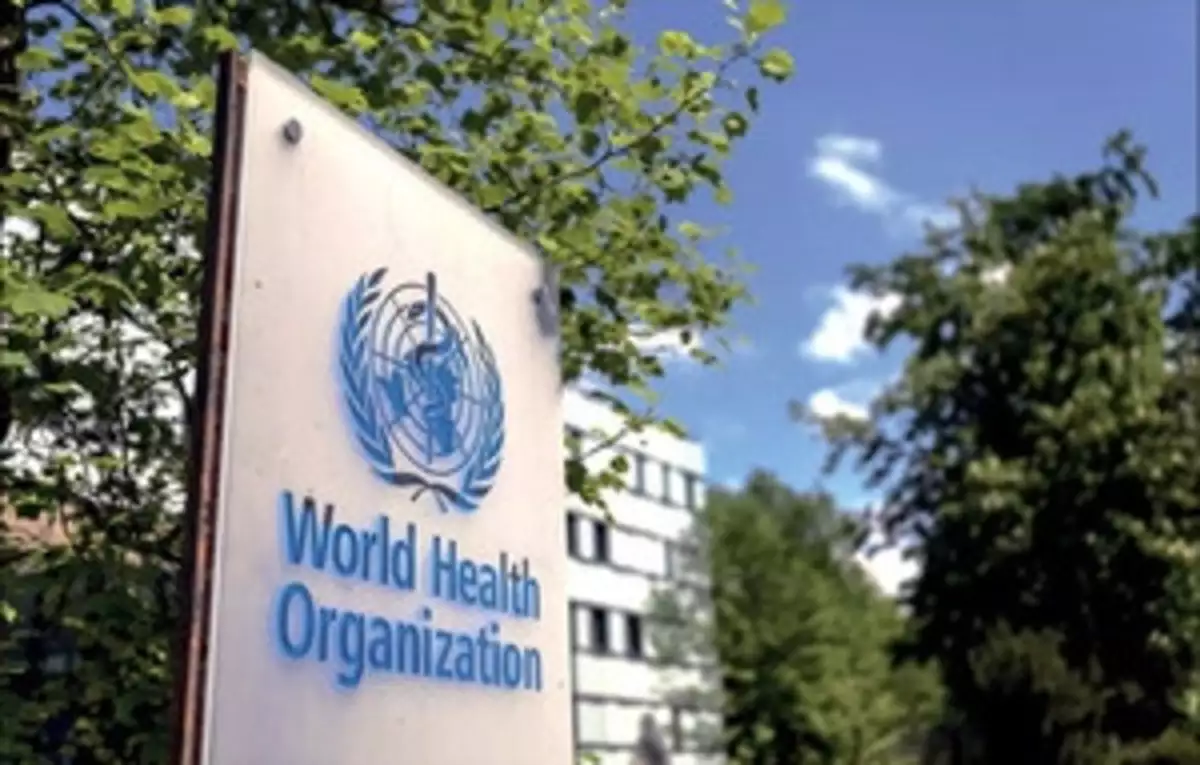World Food Safety Day, observed annually on June 7, Established by the United Nations General Assembly in 2018 to raise awareness. Inspire action to prevent, detect, and respond to public health threats associated with Unsafe Food.
Jointly facilitated by the World Health Organization (WHO) and our sister agency, the Food and Agriculture Organization of the United Nations (FAO).
World Food Safety Day aims to contribute to food security, consumer health, economic prosperity, sustainable agriculture, market access, tourism, and sustainable development.
This year’s theme, ‘Food safety: science in action,’ draws attention to using scientific knowledge as the key to reducing illness, cutting costs, and saving lives.
Science is at the heart of conducting food safety risk analysis and developing international food standards, guidelines, and codes of practice. The Codex Alimentarius Commission (CAC) is an intergovernmental body established jointly by the FAO and WHO in 1963 to protect consumer health and ensure fair practices in the food trade.
In 1995, CAC adopted the Statements of Principle concerning the role of science in the Codex decision-making process to underline the fundamental role of science in its work. These all draw on the careful, precise, and thoughtful application of the best available scientific evidence. Exploring how and why food can become contaminated and cause people to become ill.
Joint FAO-WHO expert committees on nutrition, food additives, pesticide residues, and microbiological risk assessment. Provide evidence-based information to various Codex committees, enabling the development of standards, guidelines, and codes of practice.
Hosted by WHO, the Global Environmental Monitoring System-Food (GEMS-Food) collects levels and trends of chemical contaminants in food and their contribution to dietary exposure. From worldwide collaborating centres and recognized national institutions. The data from GEMS-Food is a reliable source for conducting a risk assessment to formulate Codex food safety standards.
The International Network of Food Safety Authorities (INFOSAN) is a voluntary network of food safety authorities worldwide, jointly managed by the WHO and FAO. It aims to prevent the international spread of contaminated food and foodborne diseases. Strengthen global food safety systems, and promote science-based decision-making to manage food safety risks.
Everyone involved in the food supply chain—from producers to processors, transporters, retailers, cooks, and consumers. Relies on the universal application of good practices, agreed-upon processes, and standards to keep food safe. In other words, food safety is a shared responsibility. Without science, food safety along global supply chains would not be possible.
Our WHO South-East Asia Regional Office, in collaboration with the FAO Regional Office for Asia and the Pacific. Has been actively supporting the meaningful engagement of SEAR countries in Codex standard settings. A webinar on the role of science in food safety planned for 10 June to share knowledge and best practices for generating data and scientific evidence to inform policy decisions and formulate national food safety standards.
On World Food Safety Day 2025, we recommit ourselves to strengthening science-based policy decisions on food safety for the health and safety of everyone in South-East Asia.







